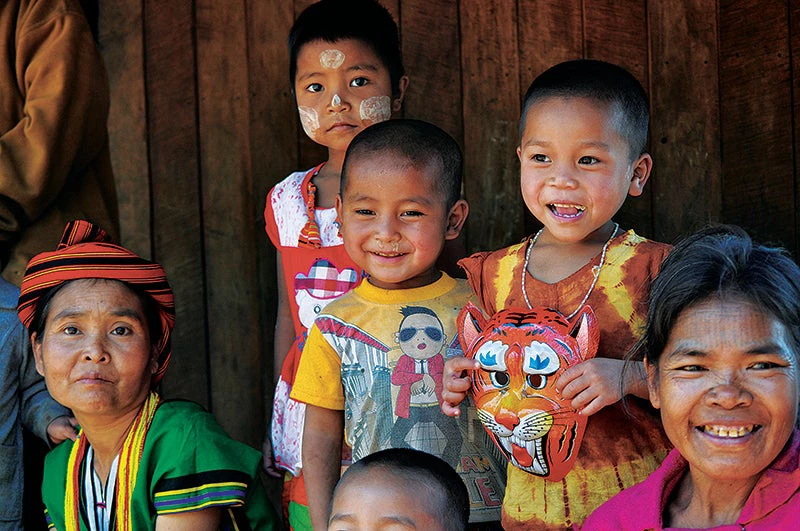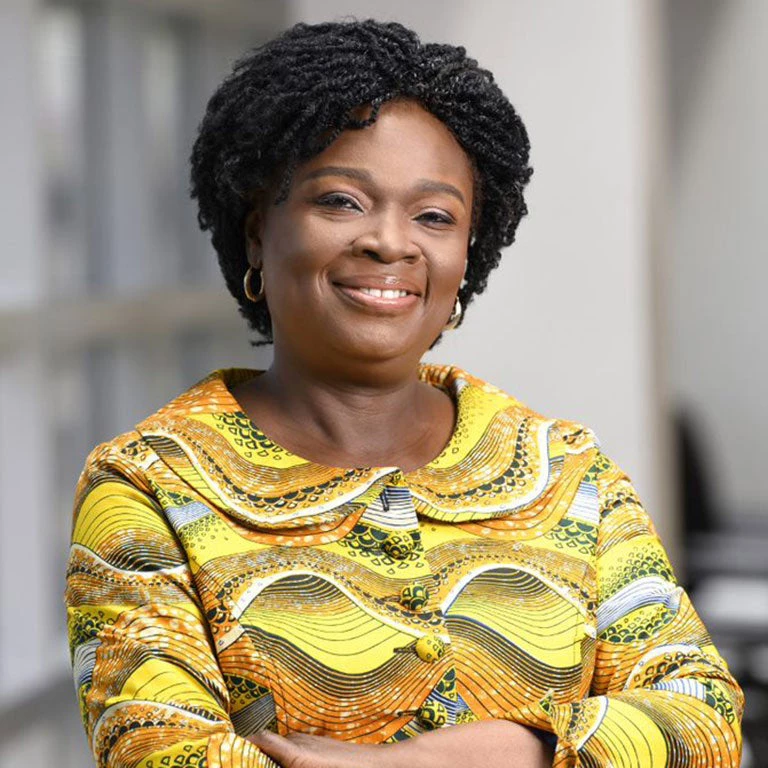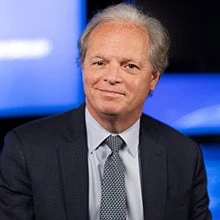
This week, more than fifty donor governments and representatives of borrowing member countries are gathering in Nay Pyi Taw to discuss how the World Bank’s International Development Association (IDA) can continue to help the world’s poorest countries.
IDA financing helps the world’s 77 poorest countries address big development issues. With IDA’s help, hundreds of millions of people have escaped poverty. This has been done through the creation of jobs, access to clean water, schools, roads, nutrition, electricity and more. During the past five years, IDA funding helped immunize 205 million children globally, provided access to better water sources for 50 million and access to health services for 413 million people.
IDA is replenished every three years with financial contributions from developed and emerging countries. The meeting in Myanmar – the second of four replenishment meetings taking place in 2016 – marks a critical moment for IDA, amid growing challenges for the poorest and most vulnerable around the world.
In Myanmar, donors will discuss innovative policy changes to address climate change, gender inequality, governance, fragility, and to help create jobs and promote economic transformation. For the first time, the World Bank aims to leverage IDA’s equity by blending donor contributions with funds raised through debt markets, in order to provide clients with billions of dollars in additional resources.
The innovative IDA financing package would stretch donor contributions like never before. It would mean every dollar in partner contributions would be leveraged by a factor of three in financing capacity – up from a factor of two in the last cycle. The groundbreaking proposals can help change the development financing trajectory for needy countries.
Donors in Myanmar will also discuss transition support for countries including Bolivia, Vietnam and Sri Lanka, which are graduating to less concessional financing from the World Bank Group. The challenge is to ensure they can continue to sustain and deepen gains in poverty reduction and shared prosperity.
Myanmar is a showcase of how a low-income country saddled by decades of conflict and isolation, with support from IDA and other development partners, can make strides to overcome legacies and challenges, seize opportunities, and begin to realize its development potential.
Since Myanmar embarked on bold reforms a few years ago, IDA has been there, lending a hand as the country began its transition to an open market economy and a more peaceful society. IDA has provided a total of $1.9 billion in new financing since 2013, when the World Bank re-engaged with Myanmar.
For example, IDA supports the National Community-Driven Development Project, which empowers villages to choose, plan and build small infrastructure projects that they need the most including bridges, roads, health clinics, and schools. More than 3 million people have benefitted from this project in more than 5,000 villages.
Another IDA credit supports the Ministry of Education’s nationwide school grants program. More than 39,000 students received cash payment in the 2014-15 school year to stay in school through a program to prevent at-risk students from dropping out.
Last September, the World Bank approved a $400 million IDA credit to support Myanmar’s first National Electrification Plan, with the goal of achieving universal electricity access by 2030. As a result, 23,000 public facilities, including health clinics, schools, religious and other community buildings and 151,000 public street lights will be connected, benefitting about 6.2 million people.
Myanmar now has the opportunity to deepen reforms to create a dynamic economy that delivers jobs, and income growth that will continue to reduce poverty and ensure that all citizens share in the nation’s prosperity.
IDA works, and eventually allows countries to develop their economies so they are no longer reliant upon its support. Helping countries like Myanmar deepen reforms, build the institutions and capacities to help themselves and move forward on a path to fund their own development is a priority. And we are sure our donors and development partners will agree, too.
Victoria Kwakwa is the Vice President of the World Bank East Asia Pacific and Axel van Trotsenburg is the Vice President of Development Finance of the World Bank.



Join the Conversation